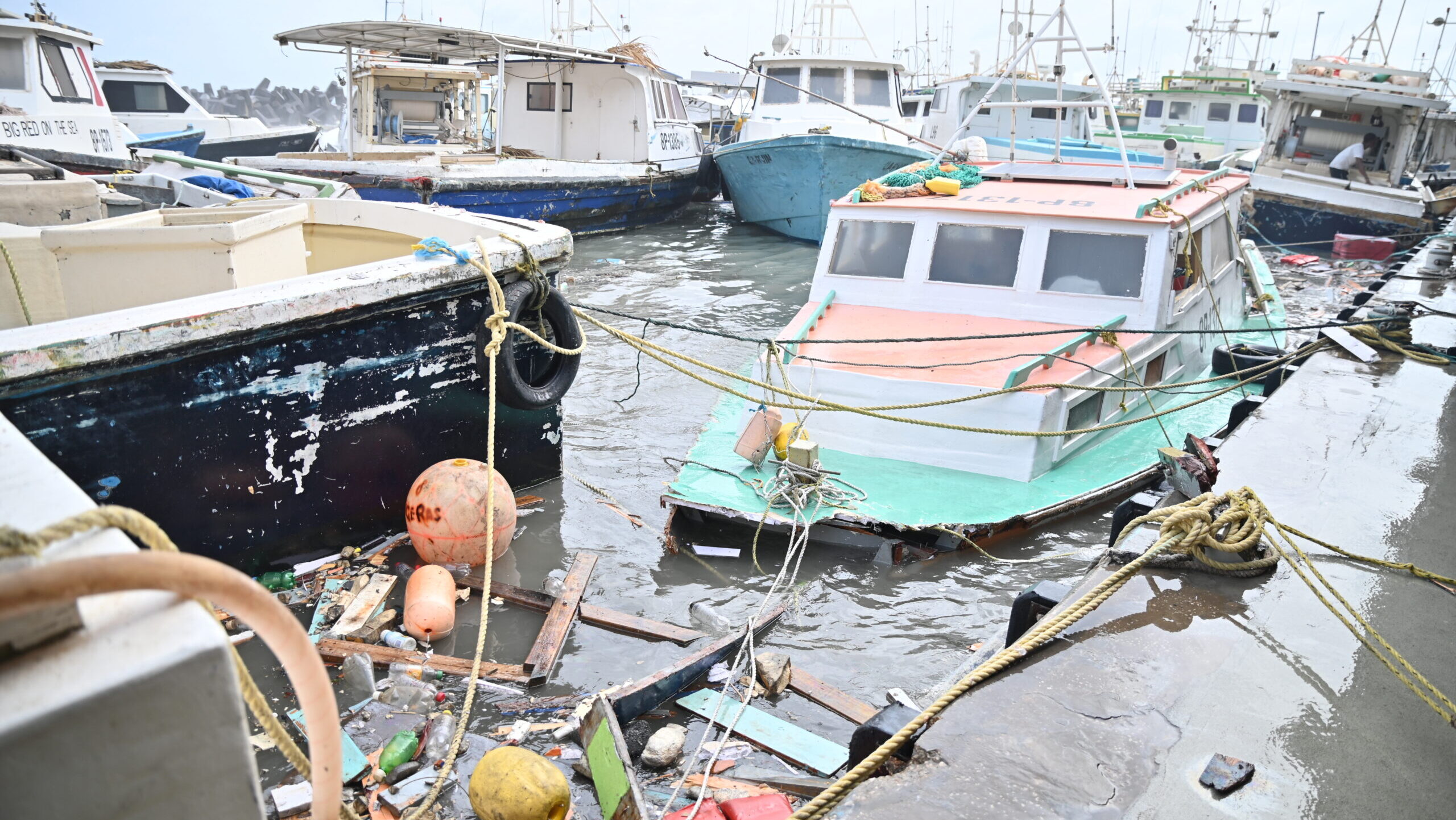Hurricane Beryl Damages 90% of Barbados Fishing Boats Without Insurance, Minister Reports

July 10, 2024
Hurricane Beryl severely impacted Barbados, with 90% of fishing boats damaged lacking insurance. Minister Abrahams detailed the industry's devastation, affecting over 560 individuals and disrupting fish landings. Efforts are underway to restore the fishing fleet.
A staggering 90 per cent of the 209 fishing boats damaged or destroyed when Hurricane Beryl pounded Barbados, have no insurance coverage, Minister of Home Affairs Wilfred Abrahams has revealed.
In a Ministerial Statement in the House of Assembly on Tuesday, he provided a comprehensive update on the hurricane’s impact as it passed to the south of the island on July 1, wrecking the fishing industry.
Equally important, the minister confirmed the long-term consequences for the fishing industry as fishing boats represented most of the vessels that have been disabled or destroyed.
Abrahams, the MP for Christ Church East, disclosed that with the more than 200 boats unable to return to the seas for some time, some 560 people will be directly affected.
“At the time of this report, 200 boats were recorded having received some form of damage to the structure, and nine boats were confirmed by surveyors as total losses in the Barbados Fisheries Complex,” lawmakers were told.
In his update, the minister outlined that prior to the hurricane’s passage, about 312 boats were registered and active across the country. Of those, 175 were based at Bridgetown and 21 at Oistins.
Fishing boats from Bridgetown account for more than 80 per cent of the island’s total fish landings, with Oistins-based boats contributing about 10 percent to fish landings.
Abrahams told the House: “The images of destruction on the south coast could not prepare us, however, for the destruction wrought on the fisheries sector, and the livelihood of the men, women, and families who practised their craft to earn a decent living, as well as those who provide food for the rest of us, who have not a thought of venturing into those potentially treacherous waters.”
The interior minister informed Parliament that the administration was working to get at least half of the fishing fleet back into the water and providing the country with fish.
“We are not even talking about getting the whole fleet back in, we are aiming at trying to get half the fleet back into operation. . . . Ice boats stand as the most affected at 108, longliners follow at 32, and moses day boats, launches, and sports fishing vessels number 37, 17, 15, and one, respectively. There was one boat, which type remained unidentified,” he told the House, as he promised further updates on the situation.
So far 114 boats have been removed from the Fisheries Complex and are temporarily housed on lots near BICO and Kensington Mall near the Mighty Grynner Highway.
Turning to the suite of measures to assist the stricken industry, Abrahams said a Fisheries Benevolent Fund was being capitalised with a $500 000 donation from the Latin American Development Bank.
In addition, a 30-year revolving fund is to be established to help fisherfolk to finance new boats and address any existing debt they carry.
(IMC1)


